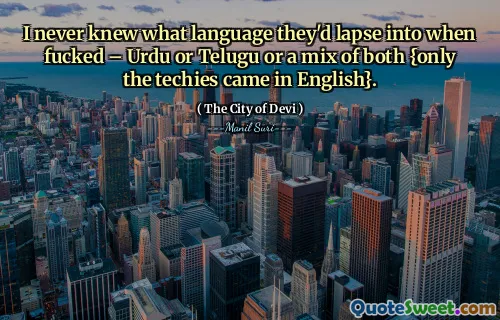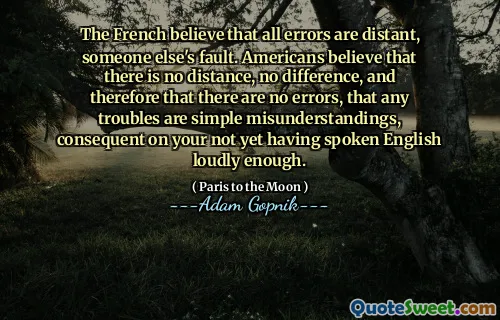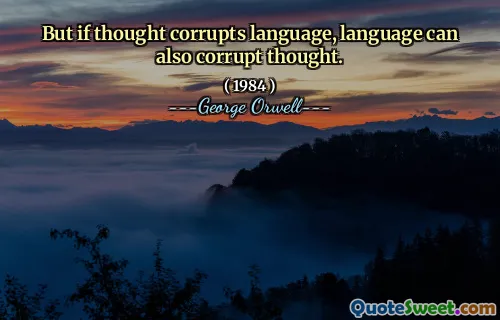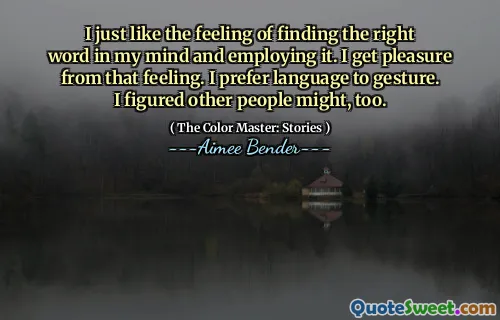
I never knew what language they'd lapse into when fucked – Urdu or Telugu or a mix of both {only the techies came in English}.
This quote captures a candid, somewhat irreverent observation related to language and cultural identity in moments of intimacy or emotional vulnerability. The mention of Urdu and Telugu highlights the intersection of regional languages in India, while the parenthetical about techies speaking English suggests a shift in linguistic preference associated with education or profession. The blending of languages demonstrates how personal and cultural boundaries often blur, especially in moments charged with emotion. The casual tone and slightly raw language reflect the authentic, unpolished aspects of human relationships and communication. It subtly comments on how language can serve as both a bridge and a barrier: a bridge when it links shared emotional experiences, yet a barrier when different linguistic backgrounds complicate understanding. The techies' exclusive use of English perhaps alludes to globalization and modernity creeping into traditional settings, embodying cultural transition. This nuanced interplay between language, intimacy, and identity resonates deeply in a multicultural society like India. It also raises interesting questions about the role of language in expressing emotions—whether emotional expressions vary with language, and how language choice reflects one's cultural identity or social class. Overall, this brief, vivid observation from Manil Suri’s "The City of Devi" draws attention to the complexities of linguistic diversity and cultural blending in contemporary India, grounded in intimate, day-to-day human experiences.





